Breaking
- MENU

The Israel-Hamas ceasefire appears to be holding. President Biden has reiterated his commitment to a two-state solution — a commitment that former President Trump studiously avoided. Secretary of State Antony Blinken has travelled to the Middle East to meet with Israeli and West Bank leaders to underscore the president’s commitment to resolve the decades-old conflict. Blinken is not meeting with the Hamas leadership; the United States, European Union and Organization of American States have designated Hamas as a terrorist organization.
The Middle East was not meant to be a priority for the Biden administration. Indeed, the recently released Interim National Security Strategy made it clear that China and Russia would dominate the administration’s long-term planning. Several previous administrations likewise initially sought to avoid getting trapped by the Israel-Palestinian conundrum, only to be sucked into peace process politics. That is what appears to be happening to Biden’s team.
Prior American efforts to move Israel and the Palestinians toward a two-state solution sooner or later all stalled. It would be pointless, therefore, simply to reprise tactics that have failed in the past. Instead, Washington needs to develop a different approach if it wishes to play a constructive role in moving Israel’s Prime Minister Benjamin Netanyahu and Mohammed Abbas of the Palestinian Authority toward something other than the stalemate they both appear to prefer. To do so, the Biden team might consider a multi-pronged effort to relieve the underlying tensions that have erupted between Arabs and Jews both inside Israel proper and on the West Bank.
To begin with, the administration should focus on the condition of Arab Israelis. It is no secret that Arab Israelis are treated as second-class citizens. While it is true that some Arab Israelis have achieved professional, business and political success, that does not negate the reality that they constitute a small minority of the Arab Israeli population. The Biden administration, and Biden himself, should publicly and repeatedly call upon Jerusalem to devote more resources to improve the lives of its Arab citizens.
Secondly, Washington should act on the reality that money is “fungible.” Every dollar of American military assistance enables Jerusalem to forgo spending its own shekels on its defence budget and instead to fund West Bank infrastructure and other elements of settlement expansion. The Biden administration could mandate that for every dollar spent on creating or supporting new Israeli “facts on the ground” on the West Bank, it would commensurately reduce its military assistance to Israel by that dollar amount. Israel could continue to buy American equipment to meet its defence requirements, but it would have to expend its own funds to do so.
It should have no trouble finding the money. Israel is a rich country, with a per capita gross domestic product greater than that of the United Kingdom, France, Germany, Italy and Japan. The United States should place Israel in a position where it must choose between funding settlements and paying for its defence.
The Biden administration could offer Israel a way out of its dilemma, however. It could recommend that the money Israel otherwise might have spent on settlement expansion and infrastructure instead be expended on the betterment of its own Arab citizens. At the same time, the Biden administration could revive Trump adviser and son-in-law Jared Kushner’s short-lived plan to improve the economic condition of West Bank Palestinians. And it could so by organizing an international effort for direct investment in Palestinian enterprises, especially small businesses, rather than merely providing funds to what is universally recognized as a corrupt, venal Palestinian Authority. Moreover, it could ask Israel to make at least a nominal contribution to this effort.
Were Washington and Jerusalem to adopt such an approach it not only would better the lives of both Arab Israelis and West Bank Palestinians, it also would box Hamas into a corner. As a result of its latest conflict with Israel, Hamas now claims to be the protector of all Palestinians — both inside Israel and on the West Bank. Yet, by improving the social and economic status of its own Arab citizens, Israel could demonstrate that it is not only a Jewish state but a truly democratic one as well. And by putting a halt to settlement expansion and supporting international efforts to work around the Palestinian Authority to support West Bank Palestinians directly, Jerusalem could demonstrate that, in contrast to Hamas’s thirst for endless bloodshed, Israel is serious about coming to terms with a Palestinian state — sooner, rather than later or never.
Netanyahu, in particular, and his extreme right-wing supporters, in general, will not take kindly to this plan. And it is quite possible that by some political sleight of hand Netanyahu will retain the prime ministry that he has held for a decade. He has managed over the years to reject the sledgehammer approach that many of Israel’s most vocal detractors constantly bay for. He may, however, find it much harder to resist making choices forced upon him by a finely tuned American budgetary scalpel.
Note: This article was originally published in The Hill on 25 May 2021 and has been reproduced with the permission of the author. Web Link
As part of its editorial policy, the MEI@ND standardizes spelling and date formats to make the text uniformly accessible and stylistically consistent. The views expressed here are those of the author and do not necessarily reflect the views/positions of the MEI@ND. Editor, MEI@ND: P R Kumaraswamy

Dov S. Zakheim is a Senior Fellow at CNA Corp and Senior at the Centre for Strategic and International Studies (CSIS) Washington. Previously he served as Under Secretary of Defense (Comptroller) and DoD Chief Financial Officer (2001-04) and as DoD Coordinator of civilian programs in Afghanistan (2002-04). From 1985 to 1987, he was Deputy Under Secretary of Defense for Planning and Resources. He sits on various corporate boards and is Vice-Chairman of both the Foreign Policy Research Institute and Center for the National Interest. He is also the author of Flight of the Lavi: Inside a US-Israeli Crisis (Brassey's 1996).

The longer Israel holds off entering the Gaza Strip, the greater will be the number of voices around.....
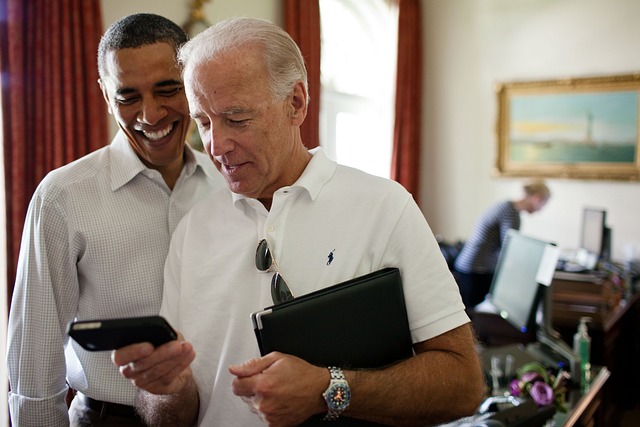
It was rather amusing to see President Joe Biden hugging Israeli Prime Minister Benjamin Netanyahu u.....
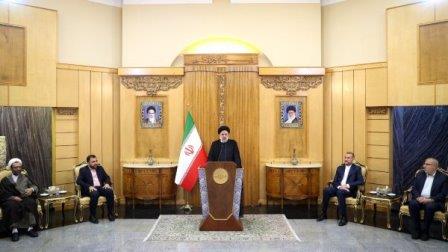
The Biden administration’s money-for-hostage exchange with Iran has, not surprisingly, generat.....

On its face, there is little that the United States can do to help prevent Israel from destroying it.....

In 1996, when Benjamin Netanyahu was first elected prime minister, Israel was still basking in the a.....
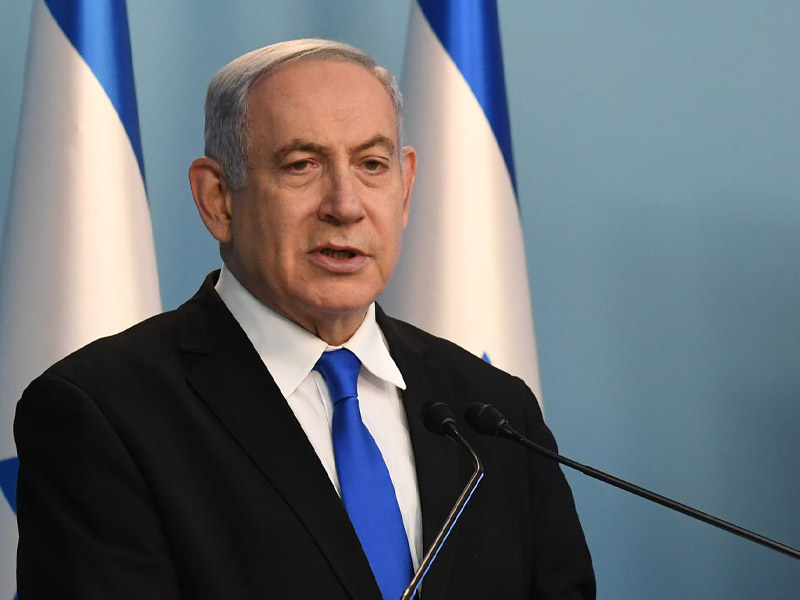
As the world watches Vladimir Putin brazenly annex chunks of eastern Ukraine, one politician in part.....
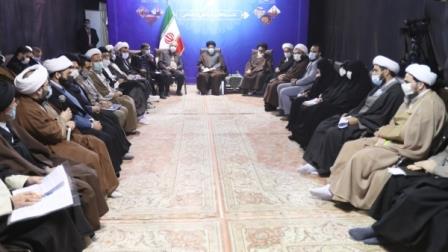
Israel and Turkey recently announced that, once again, they would upgrade their relations to full di.....
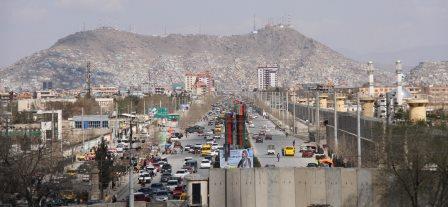
The one year anniversary of the Biden administration’s chaotic exit from Afghanistan has provi.....
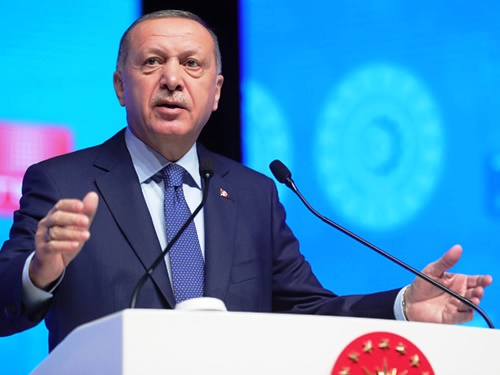
“Unpredictable” is an understatement when describing Turkey’s authoritarian presid.....

Joe Biden’s visit to Saudi Arabia did not exactly work out as the president perhaps had antici.....
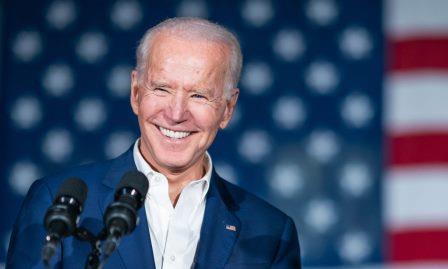
As President Biden often reminds his Israeli interlocutors, he first visited Israel in 1973 when Gol.....

It is not often that a government falls over a few crumbs. But that is exactly what could happen to .....

In what proved to be the last book he wrote before his death, “No Room for Small Dreams,&rdquo.....

The State Department this week issued a report that once again rejects China’s claims to exclu.....

Even as the left wing of the Democratic Party continues to blast Israel — to the degree that t.....

Several days ago, a group of so-called progressive Democrats, led by the “Squad” &.....
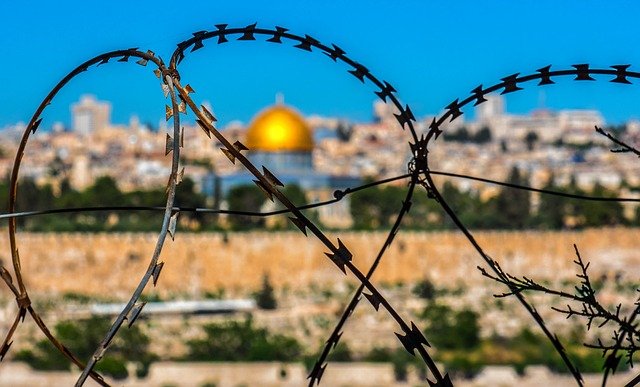
At the time of writing, the increasingly bloody war between Israel and Hamas continues apace. At som.....
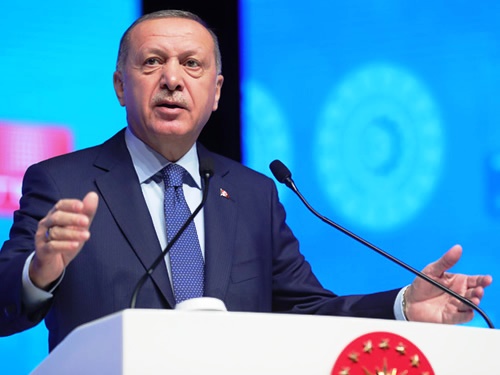
The chasm between Washington and Ankara grows wider by the day. President Biden’s decision to .....

Jordan’s arrest of about twenty leading officials accused of plotting to overthrow King Abdull.....
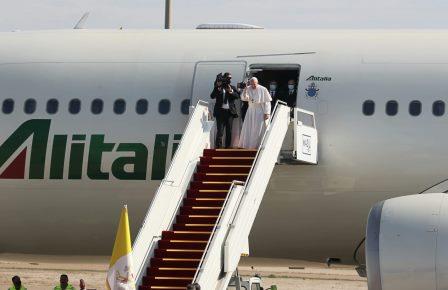
“It was an amazing visit.” That’s how Iraqi President Barham Salih summed up to me.....

President Trump appears determined to withdraw as many troops as he can from the Middle East before .....

Forty years ago, the Reagan administration sought to sell AWACS early-warning and control aircraft t.....
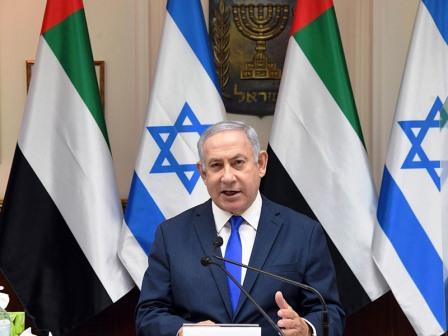
Having hosted a successful White House ceremony to formalize the normalization of Israel’s rel.....

Donald Trump’s electoral prospects appeared to be fading away; for weeks Joe Biden was leading.....

Washington continues to be consumed by speculation and debate over whether the United States should .....
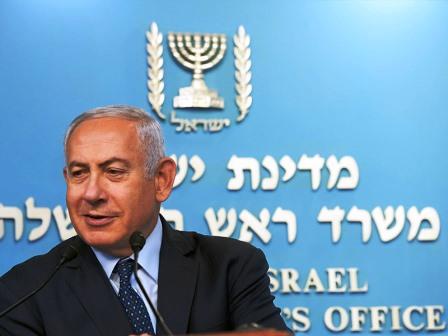
While Americans are agonizing over the wisdom of killing Iranian Quds Force leader Qassim Suleimani,.....
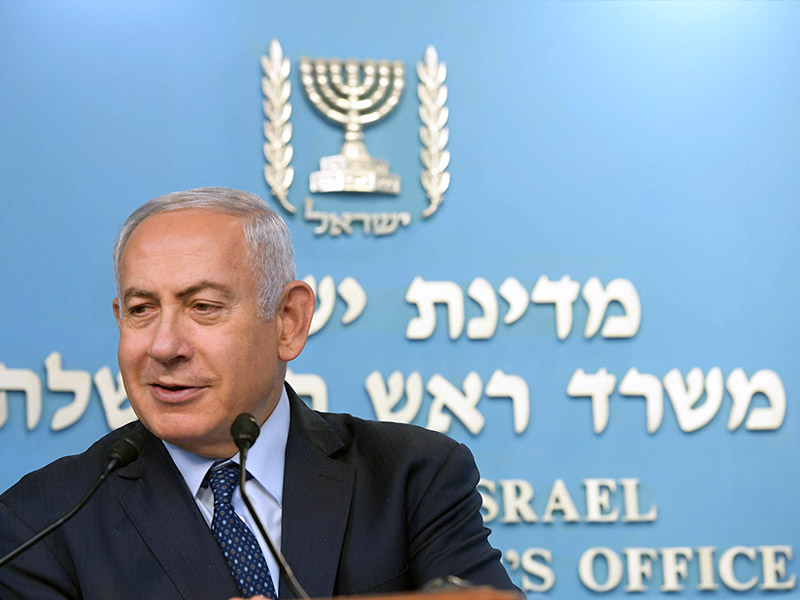
For months, Israel’s pundits predicted that Prime Minister Binyamin Netanyahu once a.....
